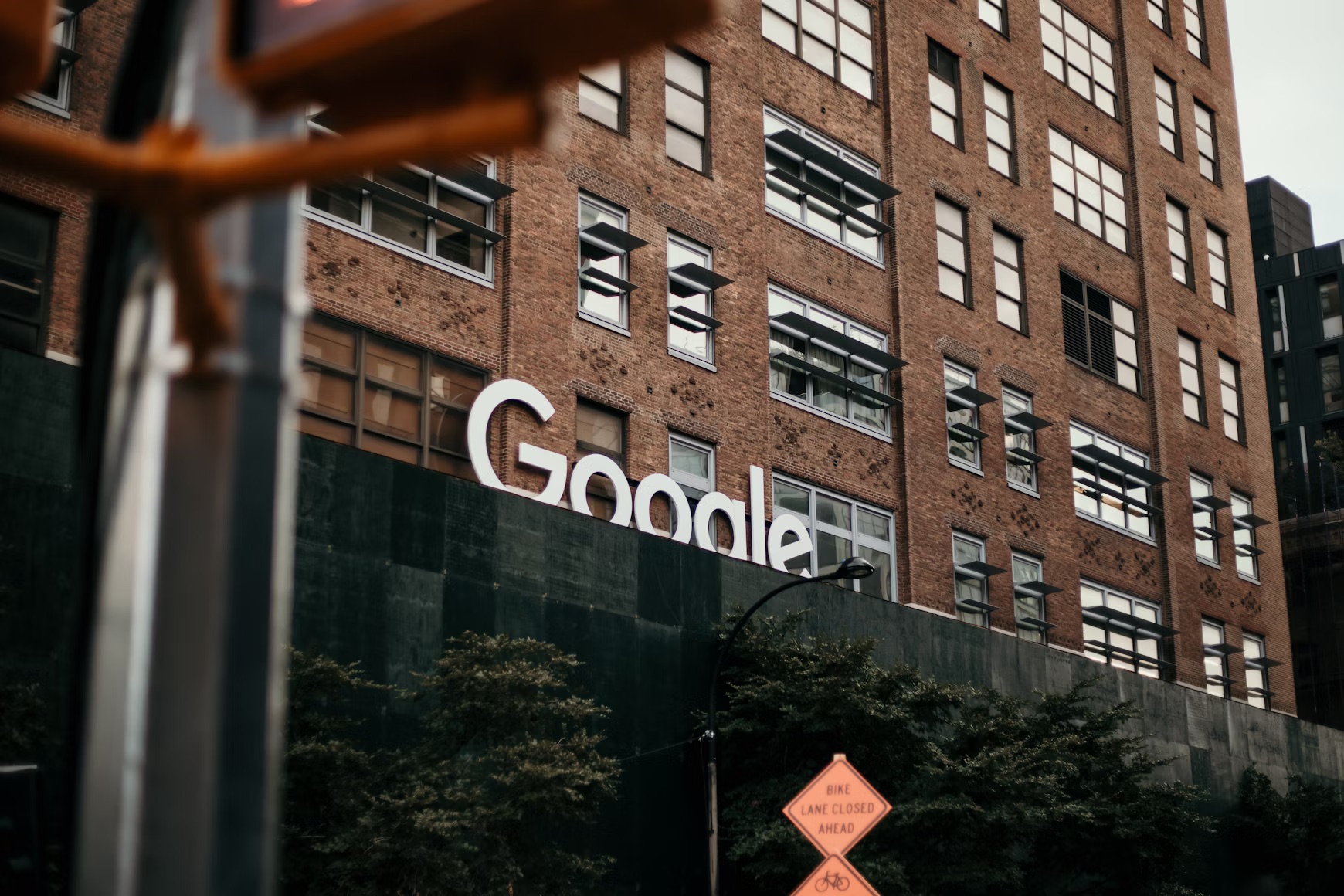
A U.S. federal court has ordered Google to pay $425 million (£316.3m) after finding that it violated users’ privacy by collecting data even after individuals had turned off a key tracking feature.
The verdict comes from a class action lawsuit originally filed in July 2020, representing about 98 million users and 174 million devices. Plaintiffs argued that Google collected, saved, and used their data through the Web & App Activity setting, despite assurances that disabling it would protect their privacy.
While the group sought more than $31 billion in damages, the jury ultimately ruled that Google was liable for two out of three privacy violation claims but had not acted with malice.
Google’s Response
“This decision misunderstands how our products work, and we will appeal it,” a Google spokesperson told the BBC. “Our privacy tools give people control over their data, and when they turn off personalisation, we honour that choice.”
The company maintains that even with Web & App Activity turned off, businesses using Google Analytics may still gather site and app data — but insists this data does not identify individuals and respects privacy settings.
This ruling comes as Google faces multiple antitrust and competition cases in U.S. courts. On Tuesday, District Judge Amit Mehta declined to order the company to sell its Chrome browser but barred exclusive contracts and mandated sharing of search data with rivals.
Meanwhile, a separate case overseen by Judge Leonie Brinkema focuses on Google’s advertising technology business. She has already ruled that Google holds a monopoly in that space and is expected to oversee a trial on remedies later this month.
What The Author Thinks
Google has built an empire on data, but cases like this expose the risks of pushing that model too far. A $425 million penalty may be small compared to Google’s vast revenue, but it adds to a growing perception that the company struggles to balance innovation with respect for privacy. Users may forgive the occasional technical slip, but repeated legal battles suggest deeper cultural problems around accountability. In the long run, failing to rebuild trust could prove more damaging than any single fine.
Featured image credit: Alex Estes via Unsplash
For more stories like it, click the +Follow button at the top of this page to follow us.
